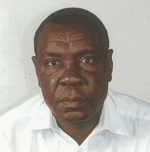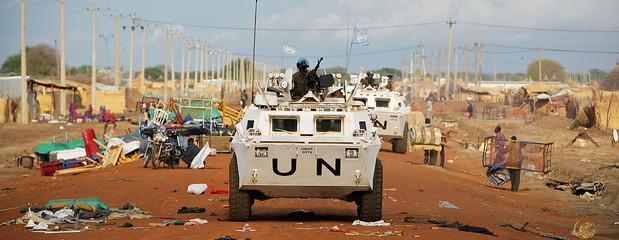Zambia Elections: Lungo sworn in, but HH calls elections “stolen” – By Arthur Simuchoba

Finally, the result of the January 20 presidential by–election in Zambia was declared on the night of January 24. Edgar Lungu, the candidate of the governing Patriotic Front (PF) had prevailed. But only just. He had 48% of the vote. The leading contender Hakainde Hichilema (HH) leader of the United Party for National Development (UPND) was second with an impressive 46%.
More than 1.6 million votes were cast. Lungu polled 807,925 to HH’s 780,168. Edith Nawakwi, leader of the Forum for Democracy and Development (FDD) and the only female candidate, came a distant third.
At slightly over 32%, voter turnout was low as would have been expected in the circumstances: The election was in danger of being washed away by the rains. Polling day (January 20) was perhaps the wettest day of the current rainy season. Overnight rains in many parts continued into polling day. There were fresh downpours on the day itself.
Still, many braved the weather to vote in the keenly contested election. The stakes were high on both sides. After a bout of infighting 0ver the the presidential candidate, the PF scrambled to retain the presidency which seemed to be slipping away from its grip in the early part of the campaign. However, when former President Rupiah Banda switched from his own party, the MMD, to put his considerable financial and logistical weight behind the PF, the writing seemed on the wall for UPND. For its part, the opposition was primed to wrestle it away and remained on course as the votes were counted.
Even as more and more results came through the top two candidates remained evenly matched. The margin between them was always small and there could be no telling for sure who the winner would be until the very last minute. The PF had built up leads but they were always reduced and sometimes squashed altogether by each new batch of results. For long periods, it seemed that victory could go either way and the suspense created tension. When Lungu was finally declared the winner at 10pm on January 24, there was relief all-round. Supporters of the PF in Lusaka and beyond took to the streets to celebrate the victory. It hadn’t come easy.
This was Zambia’s most keenly contested election and the PF candidate barely survived – it didn’t always seem that he would. The PF lost everywhere in some parts of the country and could manage only a few hundred votes while the opposition surged ahead and seemed unstoppable.
But crucially the PF largely held on to its strongholds in Lusaka, the Copperbelt and the northern parts of the country where voting seemed to have been along strict party lines. It did badly in the Southern, Western and North-Western Provinces but HH had strong numbers there.
It took four days before the final result could be declared. The day after voting began, the Electoral Commission had begun announcing results for most of the urban constituencies. But there were a number of issues. Logistical glitches and the rain had combined to ensure that voting was in many areas still going on that day.
The opposition protested and demanded a cessation until everyone had their turn in order not to sway the voters. Once that was acceded to, a long and anxious wait ensued. The hope was that once the announcements resumed the winner would quickly emerge but it was not to be.
The two candidates continued to cancel each other out and stayed within the same band. The election remained a cliff-hanger and there clearly was no way of calling it until the last result had been received.
Not until the results from all the 150 constituencies had been received was the winner pronounced. It was Edgar Lungu. He was sworn in as the sixth president of Zambia the following day. His job is cut out. The election left Zambia politically polarised along ethnic lines.
For his part, Mr Hichilema declared that the election had been “stolen”. In a statement released shortly before the counting ended, he said: “This has not been a level playing field from the start. We have experienced widespread violence against our supporters and party members throughout the campaign as well as deep irregularities in the counting process.We know that democracy lies not only in the voting, but in the counting.”
Arthur Simuchoba is a freelance journalist based in Zambia.







So under 20% of eligible voters voted for Mr Lungu. Pretty low.